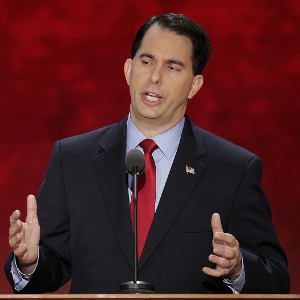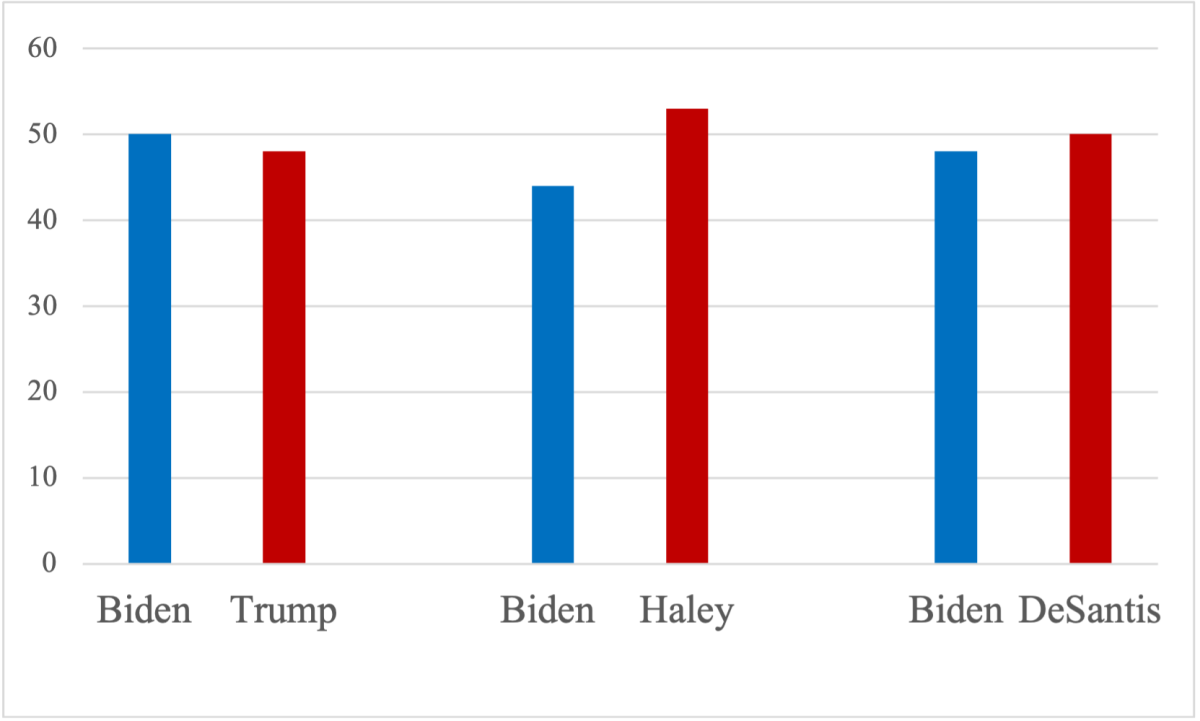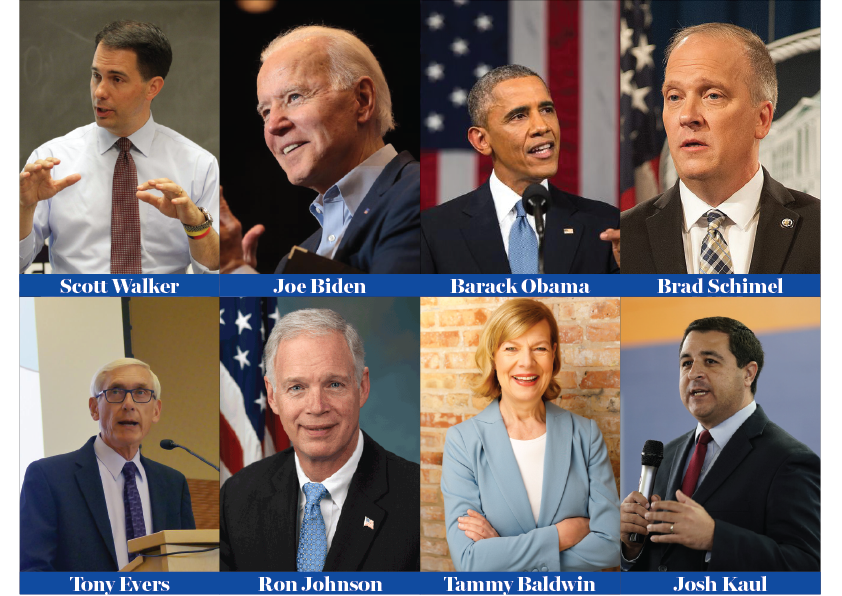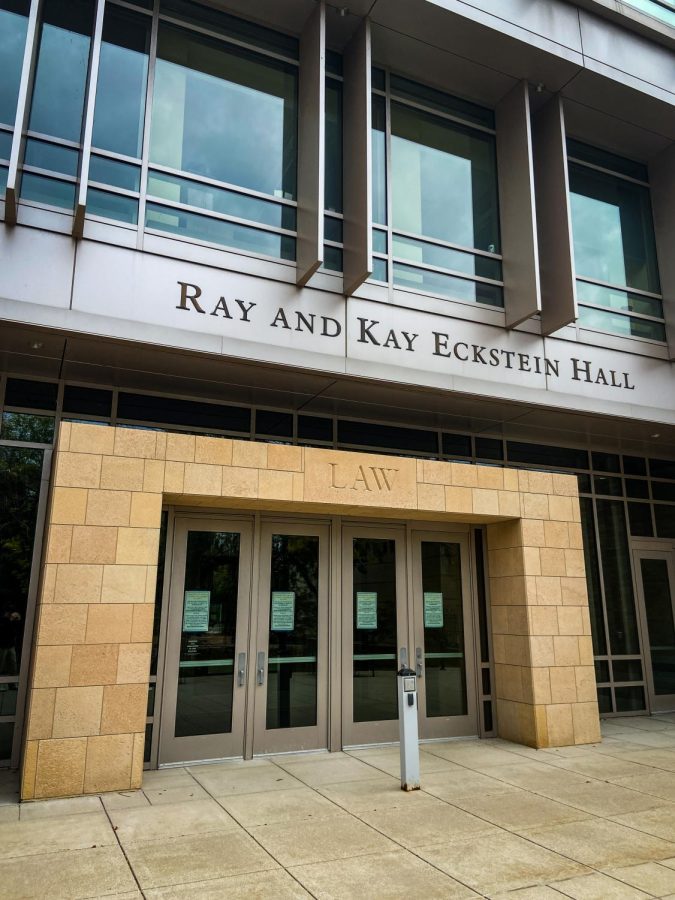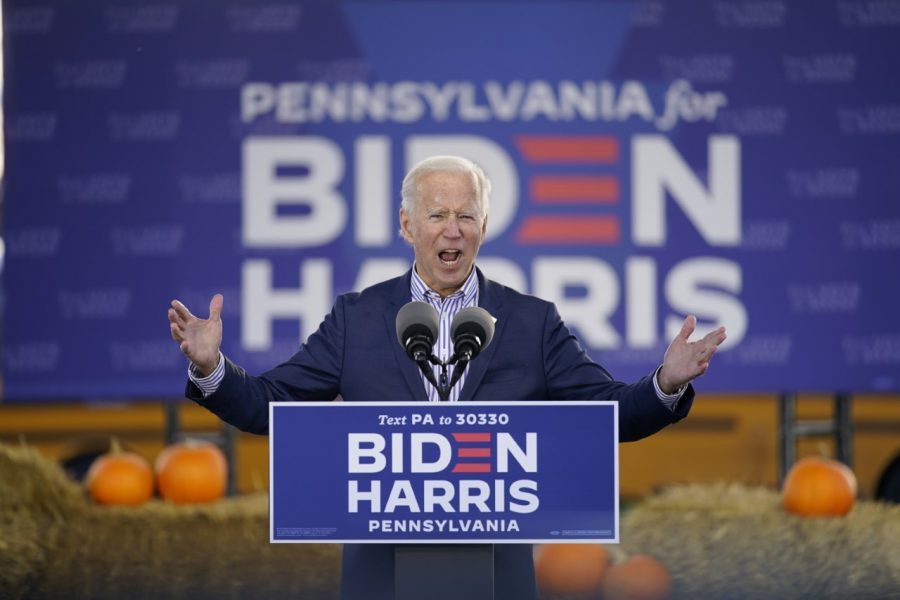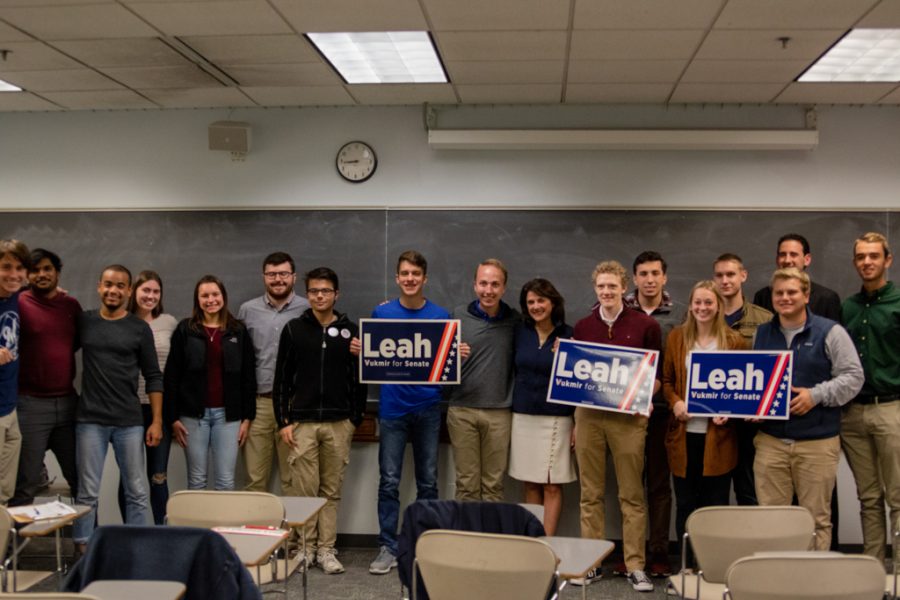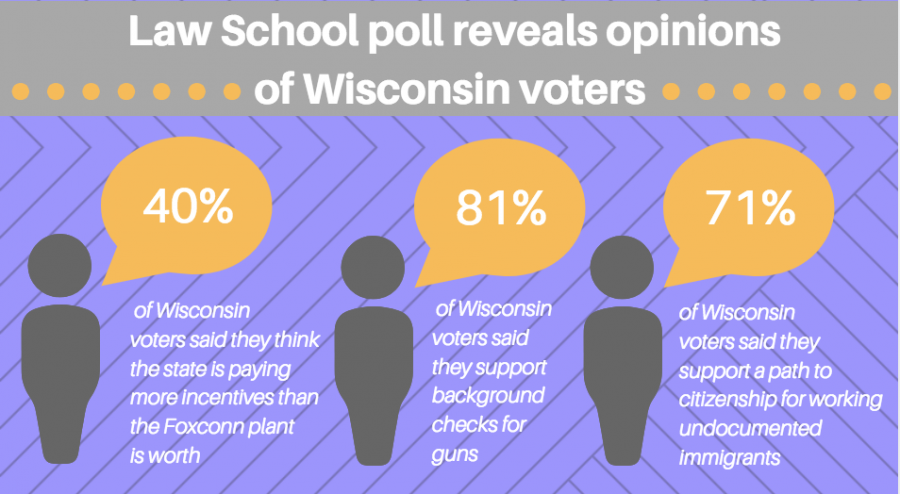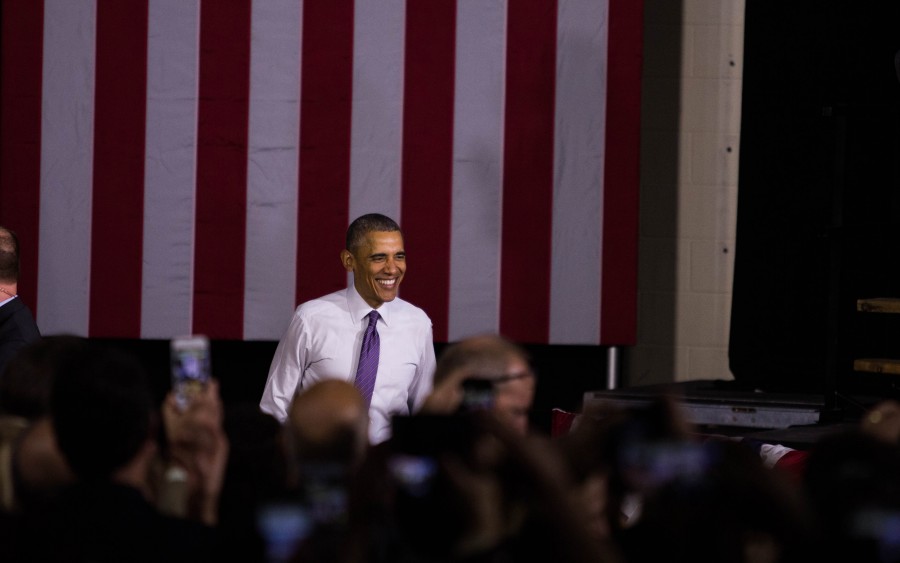It’s been about a week since Gov. Scott Walker made headlines for the release of thousands of emails related to the now-closed John Doe investigation, but opinions are still mixed on the impact of the revelations.
A John Doe investigation in Wisconsin determines if a crime was committed and who the possible culprits are. This particular John Doe probe launched to see if taxpayer dollars were used illegally to finance Walker’s 2010 gubernatorial campaign when he was still Milwaukee County Executive. It resulted in six convictions of Walker’s staff and supporters, but Walker, who is a potential 2016 GOP candidate for president, was not charged during the March investigation .
“The (emails) give a more complete view than we had before of how active these exchanges were and how county and campaign issues were discussed,” said Charles Franklin, professor of law and public policy and director of the Marquette Law School Poll, in an email. “The question is whether this is enough to change people’s minds about the Governor.”
Even though the emails received a lot of local press attention, Karen Hoffman, visiting assistant professor of political science, said they won’t detriment Walker’s run for gubernatorial reelection this November.
“Walker supporters will point out that the John Doe investigation did not find evidence to charge Walker with a crime, while others were already opposed, and this information does not change their views,” Hoffman said in an email. “Having said that, scandals are unpredictable, and if people start to believe that Walker knew about all of this, it is possible that he will have a problem.”
Likewise, Franklin said he thinks “it would take something very unequivocal in the emails to shake opinions at this point.”
While running for governor in 2010, Walker was required by law to keep his position with the county and his gubernatorial campaign separate. As a result, an issue of sexual assault that occurred between two Milwaukee Mental Health Complex patients on Sept. 2, 2010 was managed by his county executive staff, while his gubernatorial campaign staff managed the political ramifications.
The leaked emails reveal how one of Walker’s key staffers trivialized the incident.
“Last week was a nightmare,” said Kelly Rindfleisch, the now-convicted former deputy chief of staff to Walker in an email to a friend. “A bad story every day on our looney bin. Doctors having sex with patients, patients getting knocked up. No one cares about crazy people.”
Jodi Blahnik, director of Student Affairs Assessment at the university Counseling Center, said she thinks the emails contribute to the stigma surrounding mental health and mental illness.
“When mental health is stigmatized, it can hinder those in seeking the help that they need to address their mental health concerns,” Blahnik said in an email.
Walker insisted Monday that there was no private email address in the governor’s office like the one he had in the Milwaukee County Executive office.
A second John Doe investigation launched in October investigated the possibility of campaign finance violations during the 2012 recall election.
Franklin noted that a 2012 poll showed opinions on the first John Doe probe split down partisan lines.
“In May 2012, a week before the recall election, the Marquette Law School poll found an even split about the John Doe investigation: 47 percent said it was ‘just politics’ while 46 percent said it was ‘something serious,’” Franklin said. “Not surprisingly, three-quarters of Republicans said it was ‘just politics’ while three quarters of Democrats said it was ‘something serious.’”

